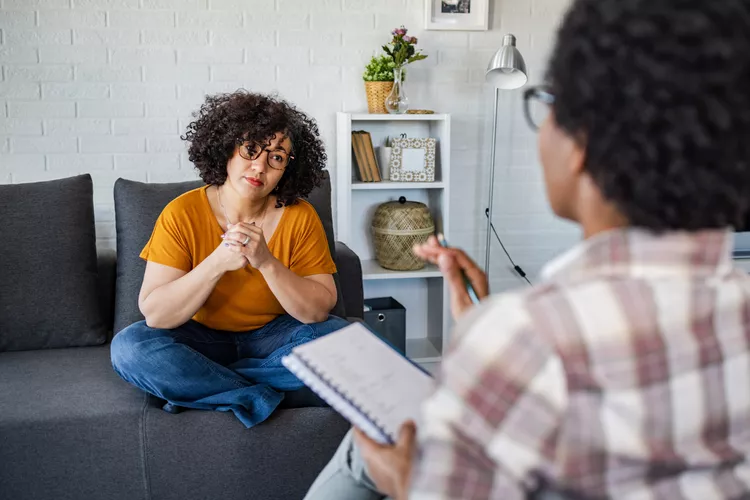6 Ways to Get the Most Out of Therapy
Taking the step to begin therapy is a significant milestone in anyone’s life. It marks the beginning of a journey towards understanding and healing. Therapy offers professional support to navigate through challenging emotions and behaviors, leading to positive changes in mental health. Here are six practical tips to ensure you get the most out of each therapy session.
1. Find the Right Therapist:
Just like any relationship, finding the right therapist is crucial for a successful therapeutic journey. Take time to identify what you’re looking for in a therapist, research professionals in your area, and schedule consultations to gauge compatibility. A genuine connection with your therapist fosters trust and facilitates effective treatment.
2. Consider Appointment Timing:
Ensure that therapy sessions fit into your schedule without causing additional stress. Allow yourself time after sessions to reflect and process emotions. Online therapy may offer convenience, or you might prefer a location that allows for reflection before diving back into daily tasks.
3. Embrace Vulnerability:
Being vulnerable is a courageous step towards growth. Open up about your thoughts, feelings, and past experiences to enable deeper exploration of mental health challenges. Honest communication with your therapist creates a safe space for healing and transformation.
4. Set Clear Goals:
Identify the reasons for seeking therapy and communicate them clearly to your therapist. Setting achievable goals enhances the effectiveness of psychotherapy. Make a list of topics you want to address during sessions to stay focused on progress and avoid distractions.
5. Manage Expectations:
Therapy is a journey with ups and downs. Be patient with yourself and maintain realistic expectations. Progress may not always be linear, and setbacks are part of the process. Treat therapy like learning a new skill—start small, acknowledge setbacks, and celebrate every step forward.
6. Self-Care After Sessions:
Therapy can evoke intense emotions and uncover deep-seated issues. After each session, prioritize self-care to process emotions and recharge. Engage in activities that bring comfort and relaxation, such as journaling, meditation, or spending time in nature.
Conclusion:
Embarking on the journey of therapy is a courageous step towards personal growth and healing. By finding the right therapist, setting clear goals, and practicing self-care, you can maximize the benefits of each therapy session. Remember to be patient with yourself and trust the process, knowing that progress takes time and effort.
FAQ:
1.How do I know if therapy is right for me?
Therapy can benefit anyone struggling with mental health challenges, stress, or life transitions. If you’re feeling overwhelmed or stuck, therapy provides a safe space to explore and address these concerns.
2.How long does therapy take to see results?
The duration of therapy varies for each individual and depends on factors such as the nature of the issues, personal goals, and the therapeutic approach. Some people may experience positive changes in a few sessions, while others may require longer-term treatment.
3.What if I don’t feel comfortable with my therapist?
Building trust and rapport with your therapist is essential for effective therapy. If you don’t feel comfortable or connected with your therapist, it’s okay to seek a different professional. Finding the right fit is key to successful therapy






